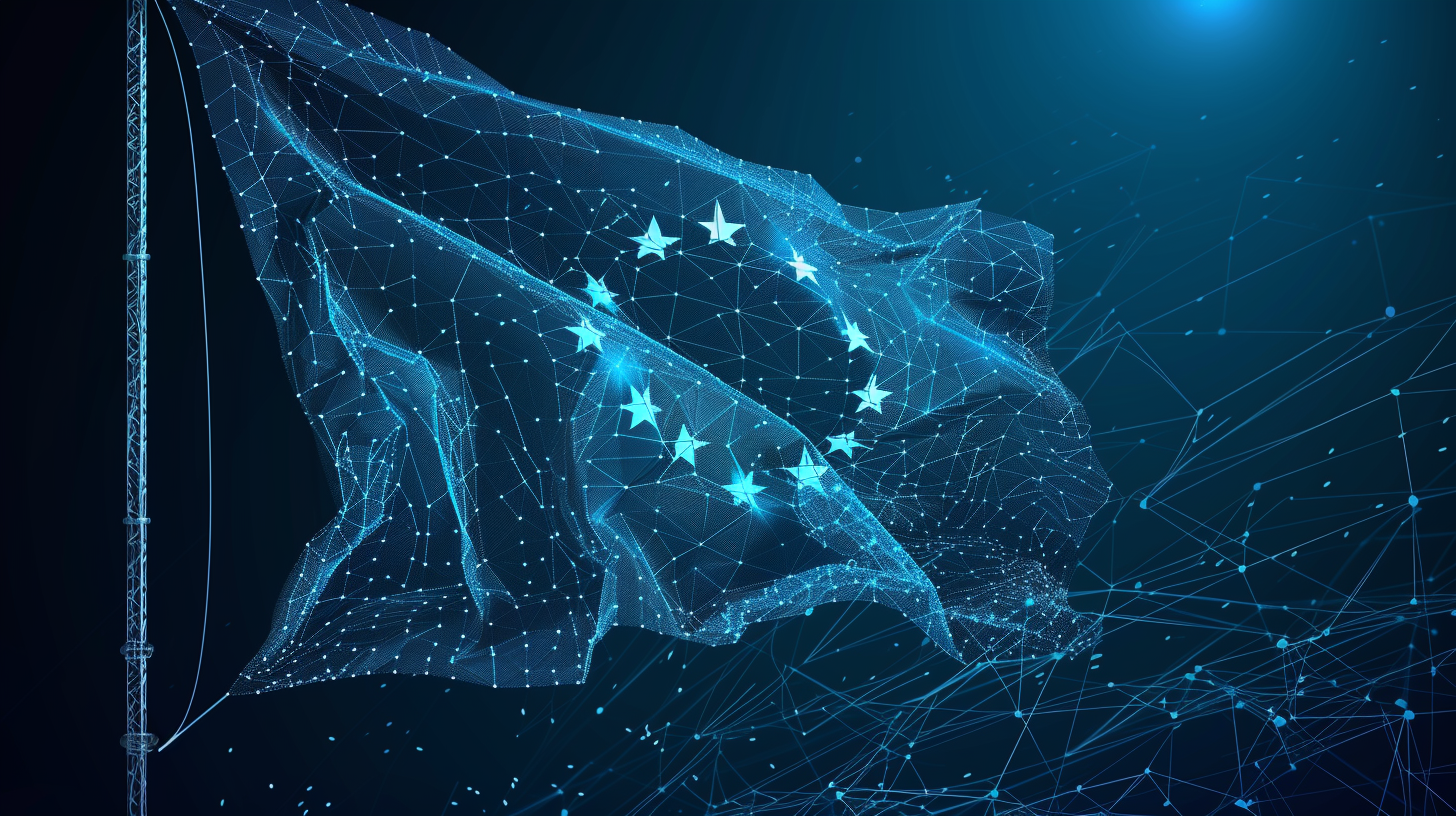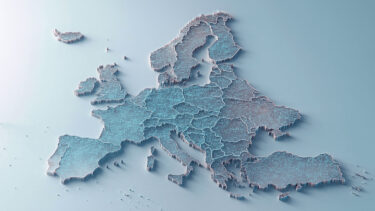The European AI Office, an institution of the European Commission, will serve as a spearhead for AI expertise in the EU.
The European AI Office aims to promote the development and application of trustworthy artificial intelligence, while protecting against the risks of this technology. The decision to establish the AI Office entered into force on February 21, 2024, ahead of the formal adoption of the EU AI Law.
The AI Office forms the basis for an EU-wide AI governance system and aims to significantly advance the implementation of the EU AI Act, in particular with regard to general-purpose AI models. The AI Office is expected to play a key role in international cooperation to promote a coherent European approach to AI policy.
The primary responsibilities of the AI Office include:
Supporting the AI Act and enforcing general-purpose AI rules
- Contributing to the coherent application of the AI Act across the Member States, including the set-up of advisory bodies at EU level, facilitating support and information exchange
- Developing tools, methodologies and benchmarks for evaluating capabilities and reach of general-purpose AI models, and classifying models with systemic risks
- Drawing up state-of-the-art codes of practice to detail out rules, in cooperation with leading AI developers, the scientific community and other experts
- Investigating possible infringements of rules, including evaluations to assess model capabilities, and requesting providers to take corrective action
- Preparing guidance and guidelines, implementing and delegated acts, and other tools to support effective implementation of the AI Act and monitor compliance with the regulation
Strengthening the development and use of trustworthy AI
- Advancing actions and policies to reap the societal and economic benefits of AI across the EU
- Providing advice on best practices and enabling ready-access to AI sandboxes, real-world testing and other European support structures for AI uptake
- Encouraging innovative ecosystems of trustworthy AI to enhance the EU’s competitiveness and economic growth
- Aiding the Commission in leveraging the use of transformative AI tools and reinforcing AI literacy
Fostering international cooperation
- Promoting the EU’s approach to trustworthy AI, including collaboration with similar institutions worldwide
- Fostering international cooperation and governance on AI, with the aim of contributing to a global approach to AI
- Supporting the development and implementation of international agreements on AI, including the support of Member States
Cooperation with institutions, experts, and stakeholders
According to the AI Office, cooperation with many institutions, experts, and stakeholders is essential for its work. At the institutional level, the AI Office will work closely with the European AI Council, which is composed of representatives of the Member States, and the European Center for Algorithmic Transparency (ECAT) of the Commission.
A Scientific Committee of independent experts will also ensure close links with the scientific community. Further technical expertise will be provided by the Advisory Board, which brings together a balanced selection of stakeholders, including industry, start-ups and SMEs, academia, think tanks, and civil society.
The AI Office may also partner with individual experts and organizations and intends to establish forums for collaboration between providers of AI models and systems, including general-purpose AI, and the open-source community to share best practices and contribute to the development of codes of conduct and practices.





